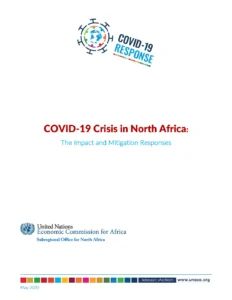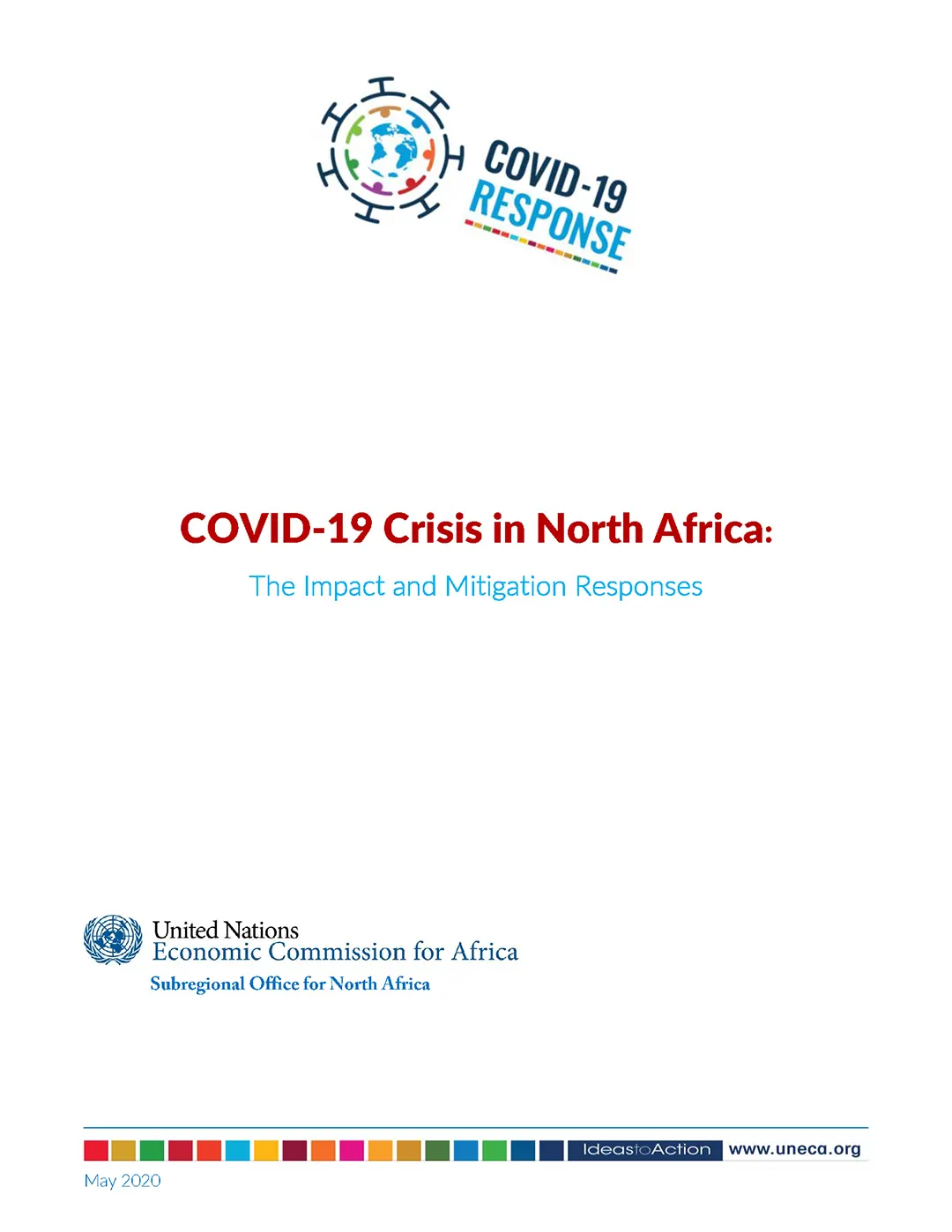The crisis caused by the COVID-19 pandemic is plunging the world economy to low level unknown since the Second World War, adding to the woes of an economy that was already struggling to recover from the pre- 2008 crisis. Indeed, UNDESA latest forecasts expect the world economy to shrink by -3.2% in 2020 and only a timid recovery is expected for the upcoming year. Beyond its impact on human health (materialized by morbidity and mortality), COVID-19 is severely hitting the global economy through a direct reduction of economic activity due to lockdowns and restriction of movements, and indirectly through disruption of global value chains (which account for nearly half of global trade) in a highly interconnected world economy. This led to abrupt falls in commodity prices, impacting severely commodity exporting countries, a drop in fiscal revenues, foreign exchange receipts, and foreign financial flows. Travel restrictions have highly impacted industries such as air line, tourism and hotels. The consequence will be significant increase in underemployment and unemployment. According to ILO (2020), as of April 2020, partial lockdown measures have affected almost 2.7 billion workers, representing around 81 per cent of the world’s workforce. ILO’s April 1st global estimates indicate that working hours will decline by 6.7 per cent in the second quarter of 2020, which is equivalent to 195 million full-time workers. Full-time equivalent employment loss in North Africa could reach 5 million in 2020.


